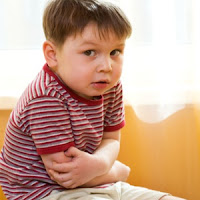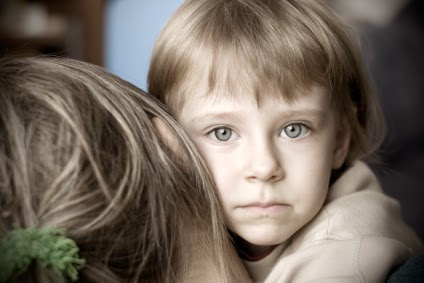Changing Your Aspie's Eating Habits

"My grandson has Asperger’s. He is age 7. His diet consists of cheese, eggs, bread, milk, juice, wieners, fish, hamburgers, chicken, mashed or French fried potatoes and, on occasion, chocolate and bananas. He will eat no pasta, vegetables, or any other fruit. Does this eating problem go along with Asperger’s? How can we get him to change his eating habits?" Your grandson’s disorder may cause unusual reactions to new foods and he may not want to eat them. To him, they may taste bitter, salty, or just plain awful. They may smell bad (to him). He may dislike the textures of new foods. Consequently, he doesn’t want to eat foods that cause these reactions. Compared to some other Aspies, your grandson’s diet is not that terrible. He gets protein from eggs, milk, cheese, wieners, fish, hamburger, and chicken ...grains, which provide B vitamins, from bread and hamburger and hot dog buns ...some vitamins and minerals, including vitamin C, from juice, potatoes, chocolate, and b





